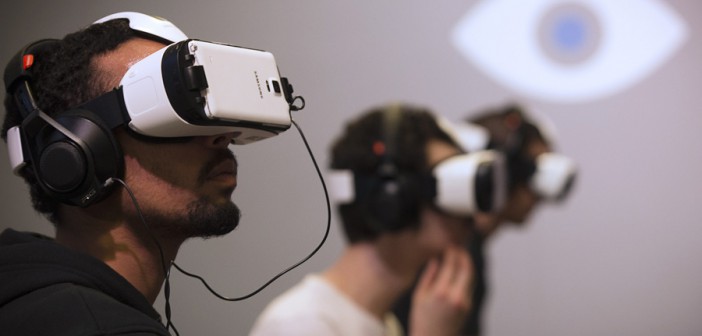We’ve seen a whole bunch of funky media products fall into a shallow pit in the dark, dank technology graveyard.
Many people had already condemned virtual reality (VR) to this unceremonious burial. Yet Deloitte predicts it to be a billion dollar industry by the end of this year. VR is the phoenix of the technology industry.
We have the likes of Facebook, HTC, Samsung and of course Google to thank for this resurrection, as they collectively dump millions of dollars into the development of the hardware.
Of course, the value of the industry will be related to hardware sales. But we won’t be rushing out to buy the Oculus Rift for it to be a paper weight. Porn and Pokémon (entertainment and gaming) is what will drive the masses to greedily get their hands on the devices.
For marketers, the idea of having a new vehicle for content in the homes of the almighty consumer poses an interesting opportunity. And we’re about to get all emotional because of it.
We’re living in a society that is more voyeuristic than ever before. Crystallised by the growing success of TV programmes that involve watching other people watch TV programmes.
What’s more, we are becoming more immune to being nudged into a decision or a point of view. Instead we want to be shocked into it. This has resulted in more raw and occasionally horrifying content pouring out of film, TV and media houses.
VR has the potential to elegantly marry these two content desires together. Brands will already be looking at how they can use VR to offer people an opportunity to ‘peak behind the magicians table’.
The charity sector meanwhile will be looking at how it can use VR to immerse potential donors in an extraordinarily emotive scenario that will shock them into handing over their cash.
Yes, a billion dollars will be reached primarily due to selling bits of tech. However, VR will live and die by its content and communicators hold part of the key to creating virtual worlds that trigger real life emotion and devotion to the platform.




